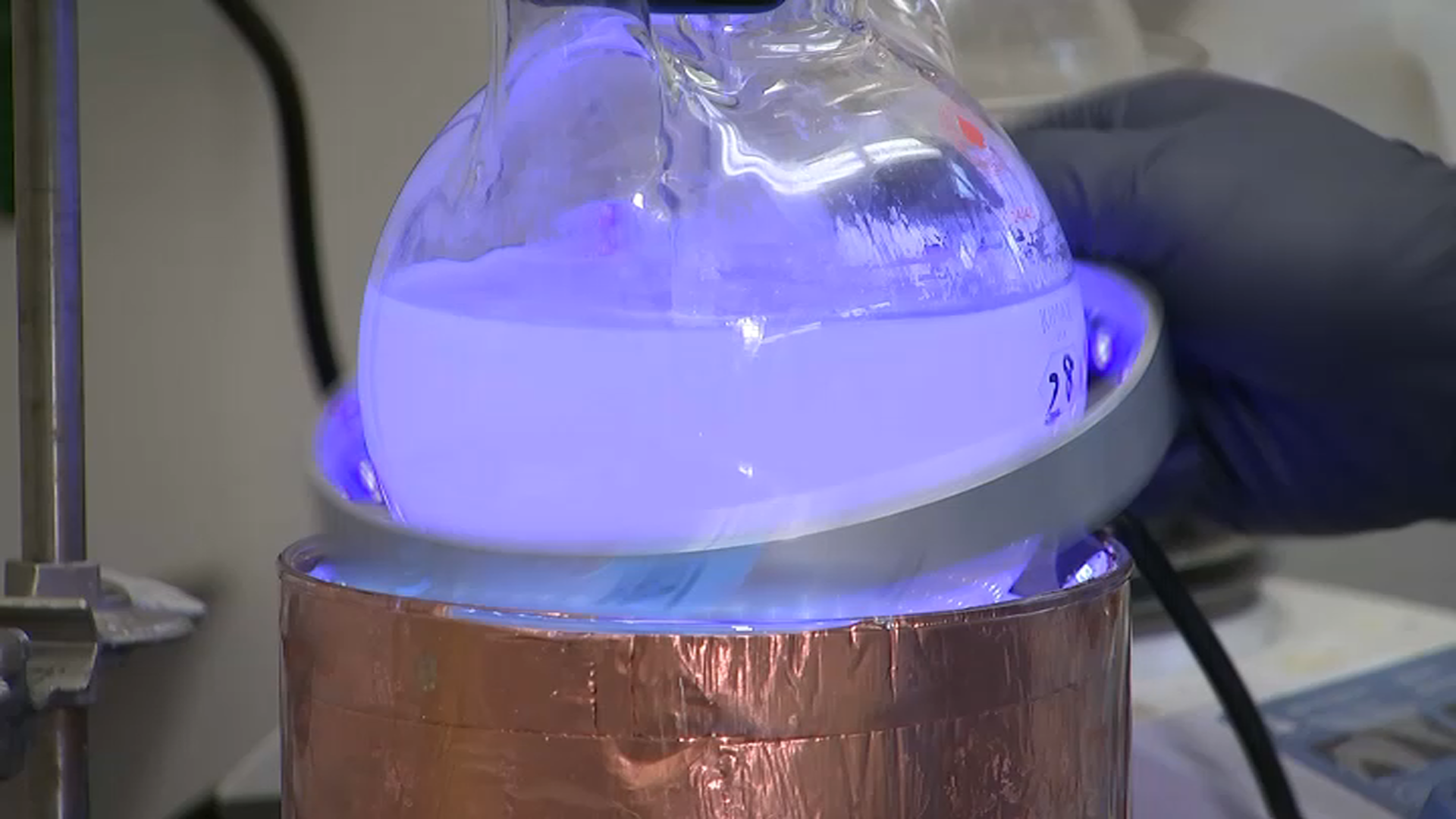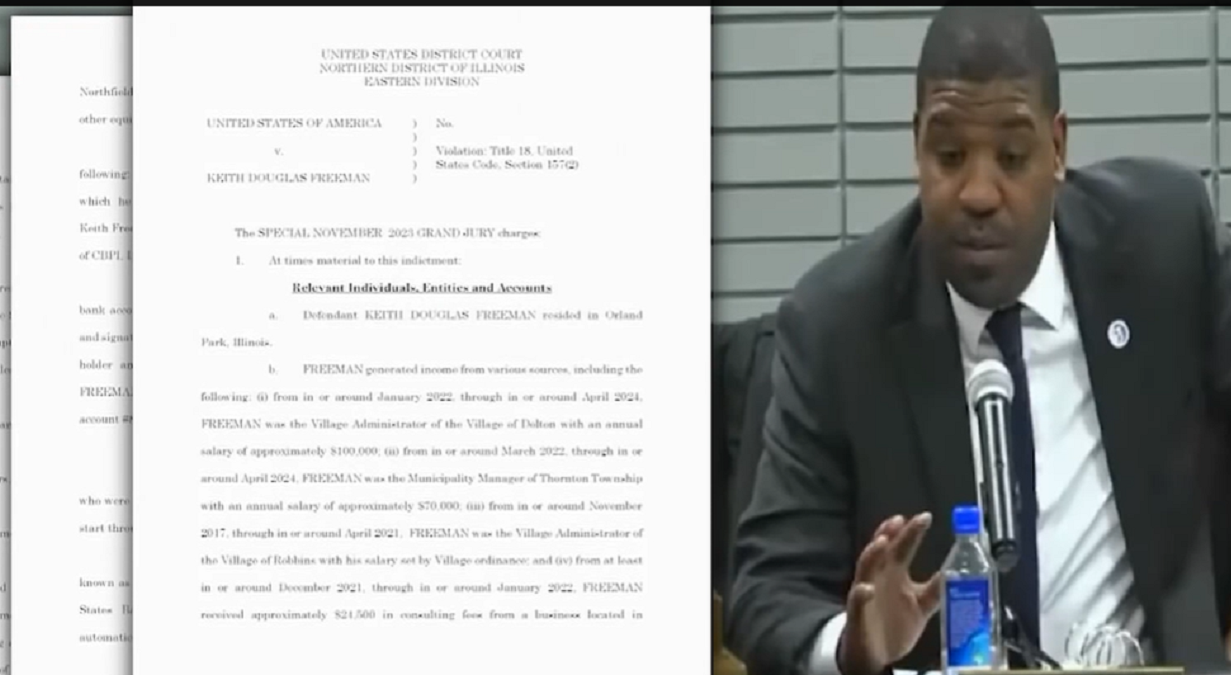Emagin Tanaschuk was assaulted on campus in 2015 at Northwestern University by an alumnus. He pulled her into a bathroom stall and assaulted her. The next morning, she told her roommates, who encouraged her to tell school officials.
Emagin reported the incident to police, and the perpetrator was charged. After 14 months of hearings and multiple re-tellings of the incident, all of the felony charges were reduced to misdemeanors.
The following is Emagin's account in her own words and edited for clarity.
*****
I think I was most open to sharing because the one thing that got me through my own experience and my own trauma was listening to other people's stories and knowing that I wasn't alone.
My freshman year of college I went to a university party.
An alumni was also there and I knew him as an acquaintance.
He was flirting with me over and over and over. I wasn't really into it, but I didn't want to be rude.
Local
We were back at our dorm.
I could tell that he was very, um, he had drank a lot, um, I hadn't drunk anything.
I was sort of still mingling with some of my friends, and I was just saying goodnight to everyone and I was headed up the stairs. He was, um, following me.
At the time I had, I was healing from a fractured elbow. He grabbed me by my left shoulder, which was the injured arm, and I kind of froze cause I didn't know what to do.
I went to turn to my dorm room, and he pulled me into a handicap bathroom and proceeded to sexual, sexually assault me.
I remember saying, "No please stop, no please stop." I sounded like a broken record in my head.
I woke up the next day and I told my roommates, and they were all very shocked.
They were disgusted. They wanted to help, and the first thing they came up with was let's talk to the House Executive Board.
I got there and I was supposed to explain, but the words weren't coming out of my mouth. And so my friends sort of explained it for me and unraveled the story.
I remember one of the guys really just being super shocked, and he looked at me, and he said, "Do you realize you have been sexually assaulted?"
I knew that something was wrong, and I knew that I wasn't OK with what had happened. But I didn't know that it was sexual assault. At least it didn't click.
I went to my university's counseling center, and I talked to a therapist there and she referred me to the sexual violence office at my university.
They laid out all the options for me, you know, reporting it to the police, just making a simple report to the university but not going forward with it.
I decided to report to the police, and she brought in a detective right then and there.
They need to know things in utter detail, um, questions that I was not expecting, such as, um, you know, how many fingers, um, for how long and, uh, that part was definitely shocking for me.
[Emagin had to tell her story repeatedly during the reporting process.]
Once, twice, three, four, five, probably six [times].
I think that if survivors didn't have to tell their stories so many times to different people, maybe just do it once or twice and have that recorded really well and work off of that, um, that would be, that would make the process a whole lot easier.
It was a very long process.
I went to a couple of the hearings, and those were stressful for me. I didn't really like being there because he also had to be there.
Having to see him and having to hear the details of the case read in front of x amount of people was very stressful for me.
It is a very long process. Everything goes pretty slowly. [Emagin's took 14 months.]
So all of the felony charges were reduced to misdemeanors. My thoughts on that ... it bugs me.
It was my word against his, and it was just hard to prove.
So if they were going to go ahead with the sexual assault charge, then they run the risk of him walking out free with nothing on his record.
The fact that he sort of got away with something that is way less than what he actually did, that part really bothered me, um, but I think at the end of the day, I was just happy to have it out of my hands.
I am happy I went through with the reporting process. I think that it was definitely a struggle.
I just didn't want it to go unheard of.
The biggest thing that helps me through my trauma was therapy.
Right after it happened, I wasn't eating, I wasn't sleeping, I wasn't doing any homework, I wasn't being normal.
My therapist helped me get from that point to where I am now, which is, in my mind, fully functioning.
Beyond therapy I think joining groups on campus and finding other people that could relate to my story. I've met one girl who we disclosed to each other and I knew that if I was having a bad day that I just couldn't really explain, which happens to a lot of sexual assault survivors, I could just send her a text or, you know, go get coffee with her and she would know exactly what I was going through.
I think that therapy is a big part of my future healing, just talking things out.
It's taught me to be very comfortable with my own emotions, and if I'm having a rough day, I'm having a rough day and that's OK.
Before the trauma and the re-traumatization from all of the court case thing, that would really overwhelm me and it would cause me to not have one bad day, I would have a whole bad week. But after going to therapy, I've learned to really handle that a lot better.
I hope that my story will resonate with someone watching this. I hope that it will help inform people of, um, the types of issues that survivors go through even after their assault.
I think advocacy is a huge part of my future.
I can tell my story now with my own agency, and knowing that I can do it makes it, each time, feel a lot more comfortable. I think that I've gotten a lot stronger because of it.



